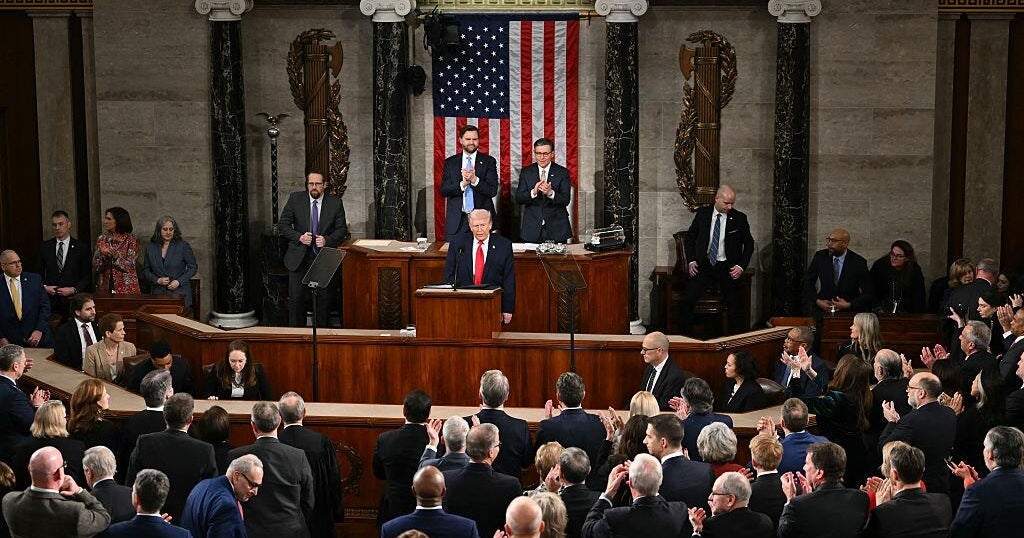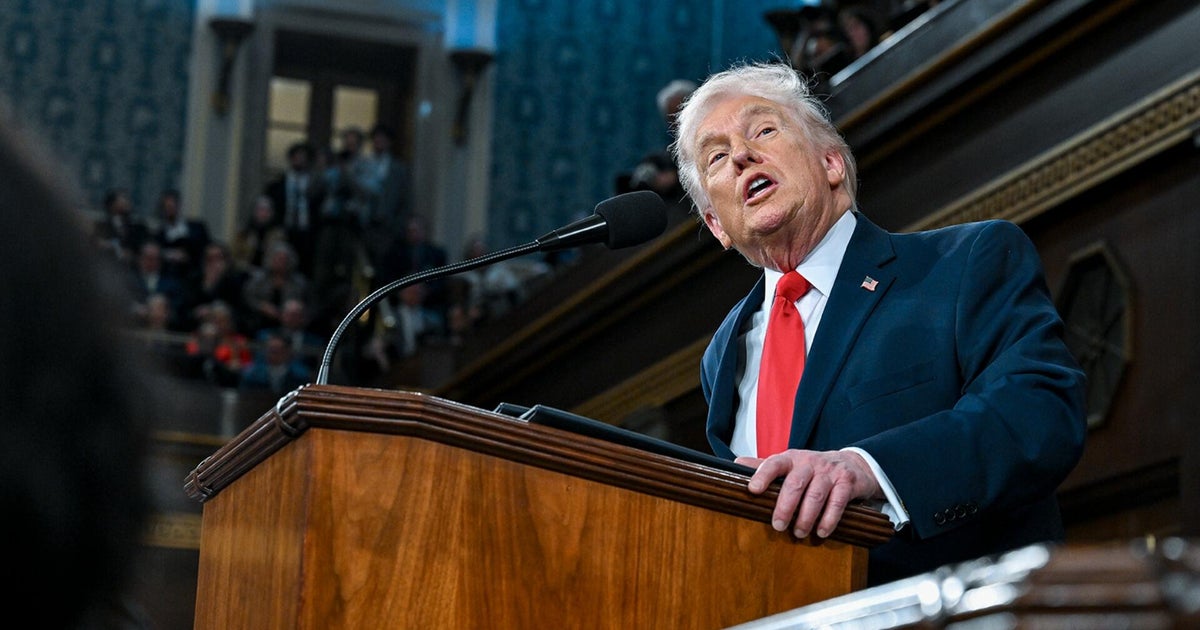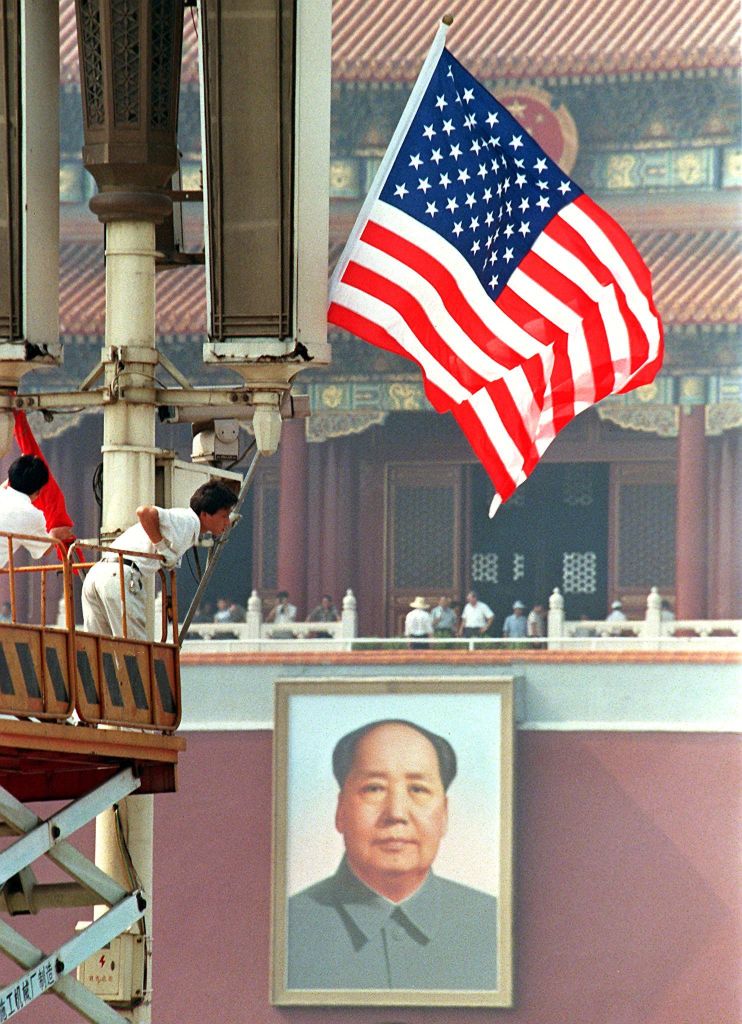Walmart and Macy's warn China tariffs mean higher prices for U.S. shoppers
- Walmart CFO told Wall Street analysts "increased tariffs will increase prices for customers."
- His comments echo a similar warning from Macy's CEO, who said Wednesday that President Trump's latest threat to expand tariffs to $300 billion in consumer goods from China "was not contemplated" when Macy's set its annual earnings goals.
- Consumers can expect to pay more for thousands of products, from clothing and furniture to bicycles and food, as a result of expanded tariffs on Chinese-made goods.
The world's biggest retailer is echoing a warning recently made by department-store chain Macy's: Prices are headed higher for U.S. shoppers if more tariffs are imposed on imports from China. That alert from Walmart contrasts with President Donald Trump's often-repeated assertion that China is paying the price in the ongoing trade war between the world's two largest economies.
Brett Biggs, Walmart's executive vice president and CFO, told Wall Street analysts during an earnings call Thursday: "We have mitigation strategies that have been in place for months. But increased tariffs will increase prices for customers."
Biggs expressed hope "that an agreement can be reached" between U.S. and China trade negotiators, according to a statement on Thursday released by Walmart. "Our goal is to always be the low-price leader, and we will actively manage pricing and margins as warranted with our customers and shareholders in mind."
President Trump increased tariffs on $200 billion worth of Chinese imports to 25% from 10% last week in a move expected to hike prices on thousands of products, including clothing, electronics and furniture. The president on Monday said he's also considering hefty tariffs targeting another $300 billion in Chinese imports.
Ready or not ...
Walmart, Macy's and other retailers had prepared for tariffs on some goods to increase to 25% from 10% as the deadline for those increased taxes approached during trade negotiations this month between the U.S. and China. But Macy's, for one, wasn't ready for the latest levies proposed by Mr. Trump, which include home goods, shoes, clothing, accessories and more.
"If the potential fourth tranche of tariffs is placed on all Chinese imports, that will have an impact on both our private and our national brands," Jeffrey Gennette, Macy's CEO, said during an earnings call with Wall Street analysts on Wednesday.
"This potential fourth tranche of tariffs was not contemplated when we provided annual [earnings] guidance," said Gennette, who expressed hope that trade talks would continue and both nations would hold off on escalating retaliatory measures.
Furniture is already effected by the tariffs, and clothing and accessories are next, should President Trump follow through on his most recent threatened levies on imported Chinese goods, Gennette said.
Walmart in September warned the Trump administration its proposed tariffs on imported Chinese goods could mean higher prices on products from shampoo to bicycles to food.
Many analysts anticipate the pace of U.S. spending will slow in 2019 amid increasing debt, the imposition of tariffs on consumer goods and general uncertainty about the economy. Retail sales declined in April as U.S. households curtailed spending on vehicles and other products.
"Tariffs can mean lower wages, fewer employees, deferred investments and higher prices for consumers," the National Retail Federation said in a statement earlier this month. "Small businesses are particularly vulnerable, since they don't have the resources and flexibility to quickly switch suppliers."



